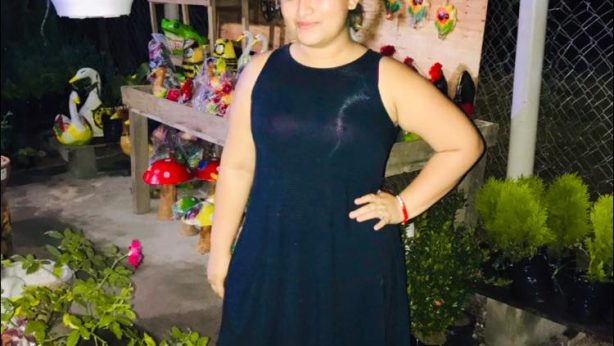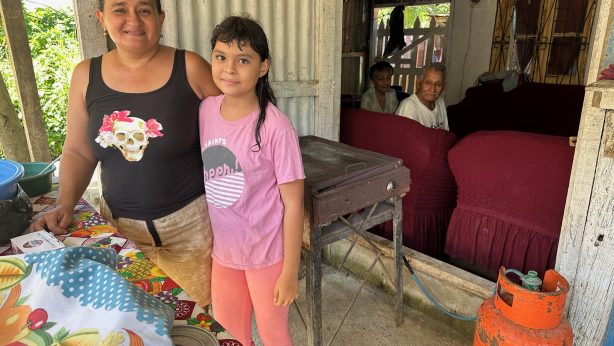Microfinance & Climate
Microfinance may not be a panacea for the poorest of the poor, but the hand up (vs handout) is a powerful resource for those living in poverty seeking to start or grow enterprises. Financial inclusion for those who traditionally lack access to banking and related financial services (due to no credit history or collateral) is essential to ensure economic self-sufficiency. Microfinance not only helps alleviate conditions of poverty, it results in improved education and health outcomes and increases resilience to climate impacts and external shocks.
Commercial banking tends to focus on “men and formal businesses,” according to a report by the International Labour Office. This “neglects the women who make up a large and growing segment of the informal economy.” Microloans help bridge the divide. According to the Asia Society, women more reliably make re-payments and use the earnings to pay for medical and education. Additionally, when women use microloans, they are more likely to invest in products and services that benefit their entire community. According to the Climate Investment Fund, women are more likely to invest in education, healthcare, and caregiving than their male counterparts.
Climate change continues to disproportionally impact low-income communities worldwide. According to the World Bank, roughly 21 million people descend into poverty annually due to increasing climate-change-induced weather events. With microloans, women and their families can react and adapt more quickly to climate change impacts, protecting their homes and businesses, while also avoiding displacement and migration. Take Adelante client Martha Alicia Martinez for example. Martha used microloans for home improvements, including the construction of a retaining wall to protect her home from rising river damage. Microloans enable Martha to keep her home and family safe and inspire her neighbors to do the same.
Microfinance organizations are also uniquely positioned to support climate mitigation efforts. Adelante offers women access to water and sanitation loans (working with an on the ground partner, Water for People). We also encourage the use of clean cooking stoves, solar, and solar kits. We vet companies to determine which have the most reliable services and products. Although we do not push or mandate these technologies, Adelante does encourage prospective borrowers to consider the use of them.
When women are given access to microloans and the education and mentorship accompanying microfinance programs, they not only gain an opportunity to earn income, they gain economic self-sufficiency and retain dignity of choice. Microfinance empowers women and increases resilience to climate impacts.


